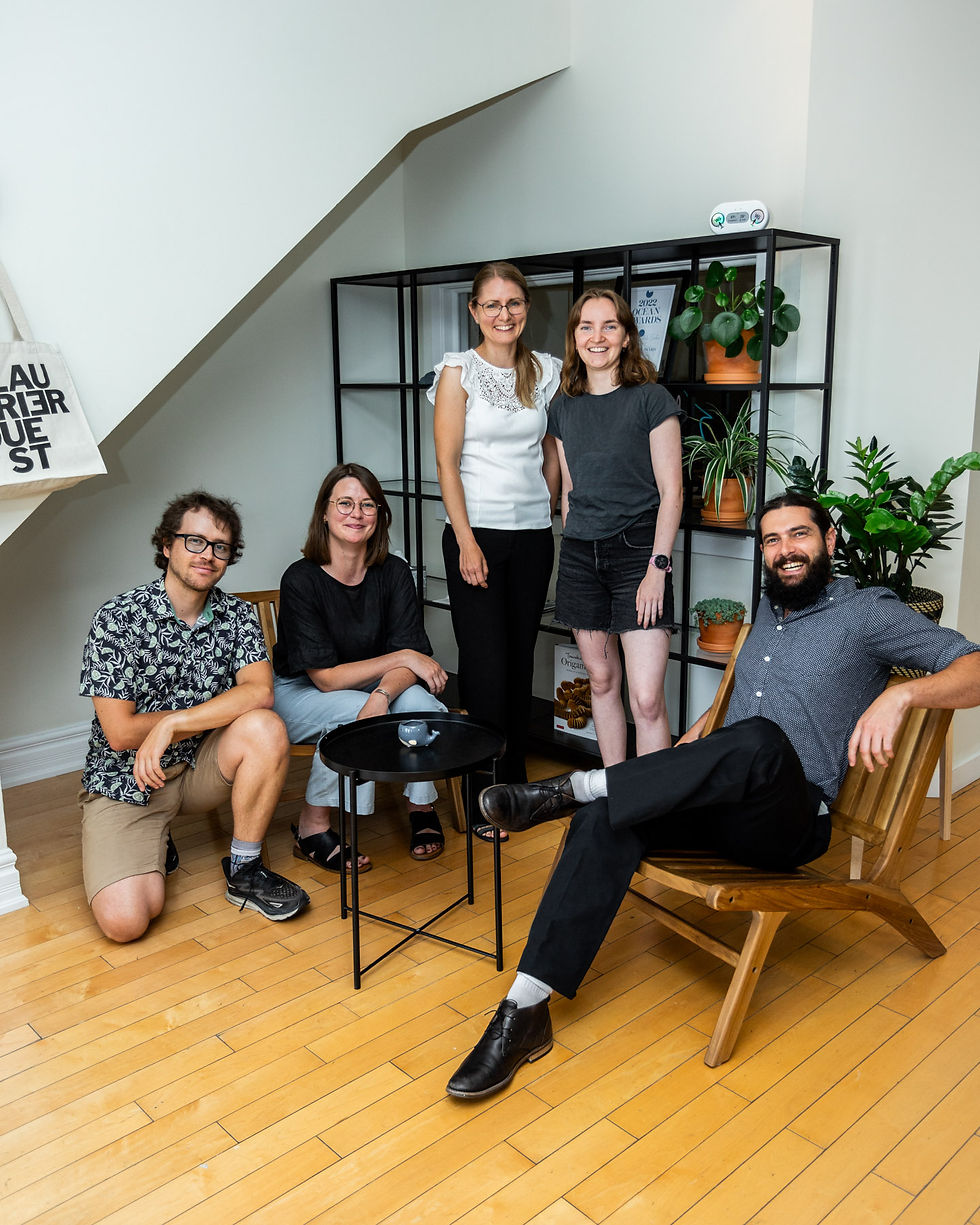Developing scalable and resilient software solutions in a field with evolving data standardization
- Chloé Benko-Prieur

- Sep 9, 2024
- 2 min read
How to create software that not only solves today’s challenges, but is flexible enough to adapt to tomorrow’s unknowns? At Whale Seeker, one of our strengths is our ability to adapt to various types of imagery, whether it’s aerial, satellite, or drone-based. However, the lack of standardization in image quality and resolution in the field of marine mammal conservation introduces challenges.
Building a custom solution for each client and dataset is one way to adapt to high data variability, but it is not sustainable in the long run. With limited resources, the key to success lies in developing resilient and scalable software solutions that allow us to primarily focus on our main service: training our AI models to improve marine mammal detection.
To tackle this challenge, my internship at Whale Seeker focused on generalizing our automation processes to efficiently evaluate the quality of a dataset. This involved developing robust, clean and resilient code to extract and validate image metadata. The result? A more streamlined, scalable infrastructure that allows Whale Seeker to gain efficiency while maintaining high-quality results and accommodating differences in client datasets.
Reflecting on my experience, this internship taught me the importance of building software that is resilient to high data variability and volume. I have also learned to identify when to move towards generalization over customization, and evaluate tradeoffs between both approaches. One of the most important lessons was understanding the necessity of frequent user feedback throughout the development process, ensuring that the solutions we build—whether internal or external—are genuinely beneficial to the users. This process is often absent in academic settings where inputs and outputs are usually well-defined, but in industry, where time and financial resources are limited, it is key to know whether our solutions fulfill user needs effectively.
I am very grateful for the opportunity to have collaborated with such a welcoming, dedicated, and talented team at Whale Seeker, and for witnessing firsthand the positive impact technology can have on conservation efforts. The lessons and connections I have made will stay with me. I look forward to seeing how our continuous technological development will further support the impactful work we do in marine mammal conservation.




